[Training] Education Administration Expertise: Ms. Khamraeva’s insights from JICA’s training in Japan
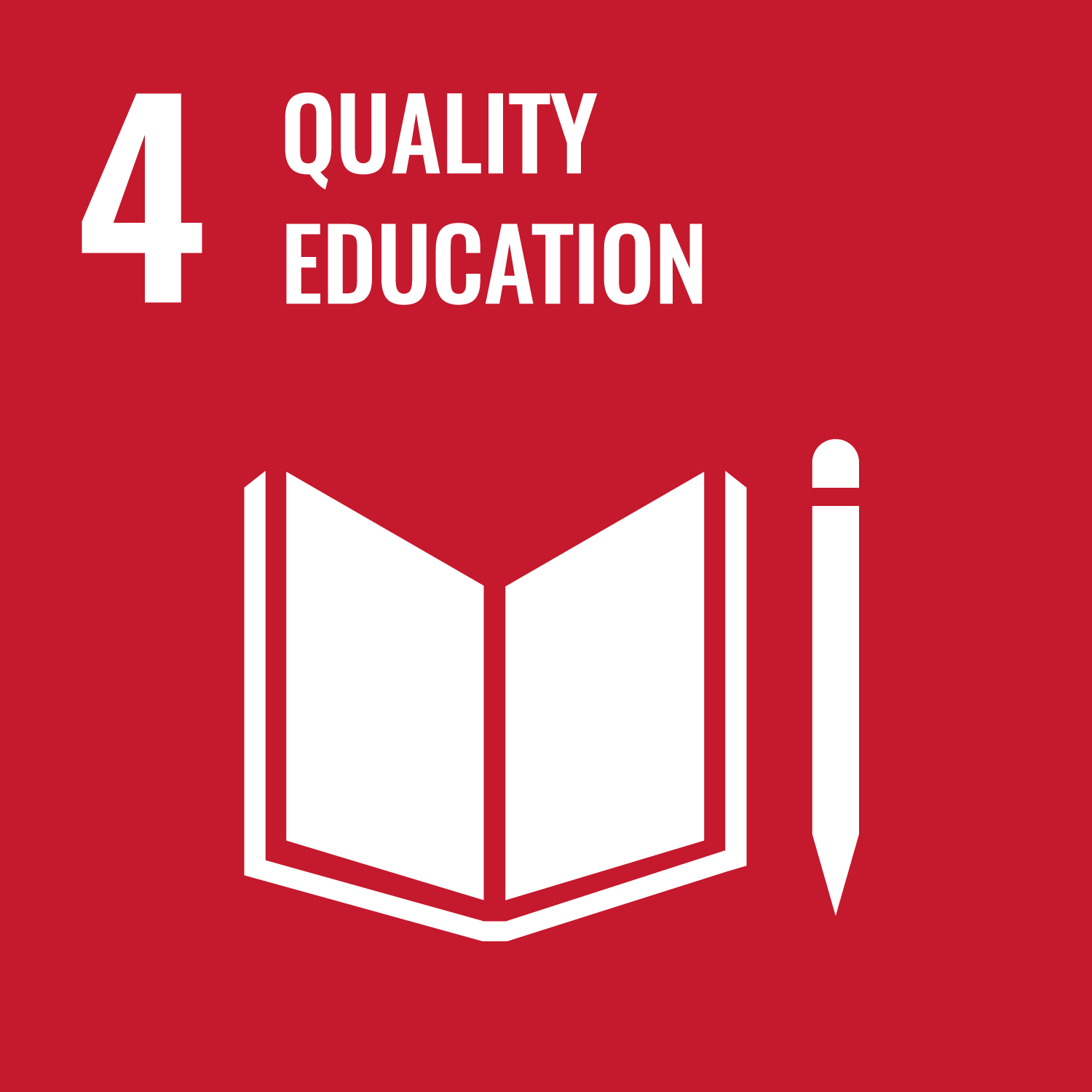
2024.10.24
Ms. Gulshan Khamraeva, the Chief Specialist of the Systemic Coordination Department at the Agency for Specialized Educational Institutions under the Ministry of Preschool and School Education of the Republic of Uzbekistan, shares her experience and insights from a short-term training course on education administration organized by JICA in Japan:
“I participated in a short-term training course within the framework of the Education Administration in Reducing Disparities in Basic Education, which took place in Okinawa, Japan. During the training sessions organized under the project “Preventing Inequality Issues in the Education System and Implementing Equal Education for All” we learned not only about the Japanese education system but also about the history and stages of development of Japanese education. In addition to the information about the work done to reach the current level of the educational system in each participating country, the program allowed us to learn about mutual discussion and problem-solving methods.
The training provided information on how the quality of education is directly linked to the qualifications of teachers and the process of hiring and continually developing educators in Japan.
What was the most interesting to me was that this experience helped me eight years ago when I started my career as a methodologist in the Department of Public Education and reminded me of the training sessions, I conducted to address similar issues. Eight years later, learning about the importance of this experience in Japanese education, I recalled that seminar and reaffirmed that the experience of a master's student is crucial for improving the quality of education.
In the Japanese education system, teachers are recruited annually based on a competitive process held once a year in July. The age range for candidates in this competition is from 20 to 59 years (retirement age is 60, but teachers can work until 65), which piqued my interest. I have included incorporating this experience into my future plans for the education system in my country.
Moreover, teachers undergo three to five years of professional training and are transferred from one school to another by the governing bodies. Additional opportunities and activities for some teachers can be extended up to two years based on the recommendation of the school principal, depending on the need for their experience and workforce in the school, considering their expertise and knowledge.
In such a practice, teachers continuously enhance their experience and share their accumulated knowledge not only with students in one school but also with students and teachers in multiple schools, ensuring equal education for all students.
I was very interested in the continuous development of working teachers through the five stages of their career. The reason is that teachers in their early years need methodological support, and as they develop their teaching skills over the years, they require modern methods of professional development. Continuing education courses are very beneficial to teachers throughout their careers and contribute to the improvement of education quality.
In conclusion, I would like to note that during the program, I had the opportunity to exchange not only knowledge but also experience. This knowledge and experience will be valuable not only throughout my career but also for the development of the education system in our country.
Do all your best…
Although “Do your best” is a common phrase among many Japanese people, they expressed a preference against it. They believe that whatever we do should be executed to the best of our ability, emphasizing the importance of fully committing our capabilities to our work.”
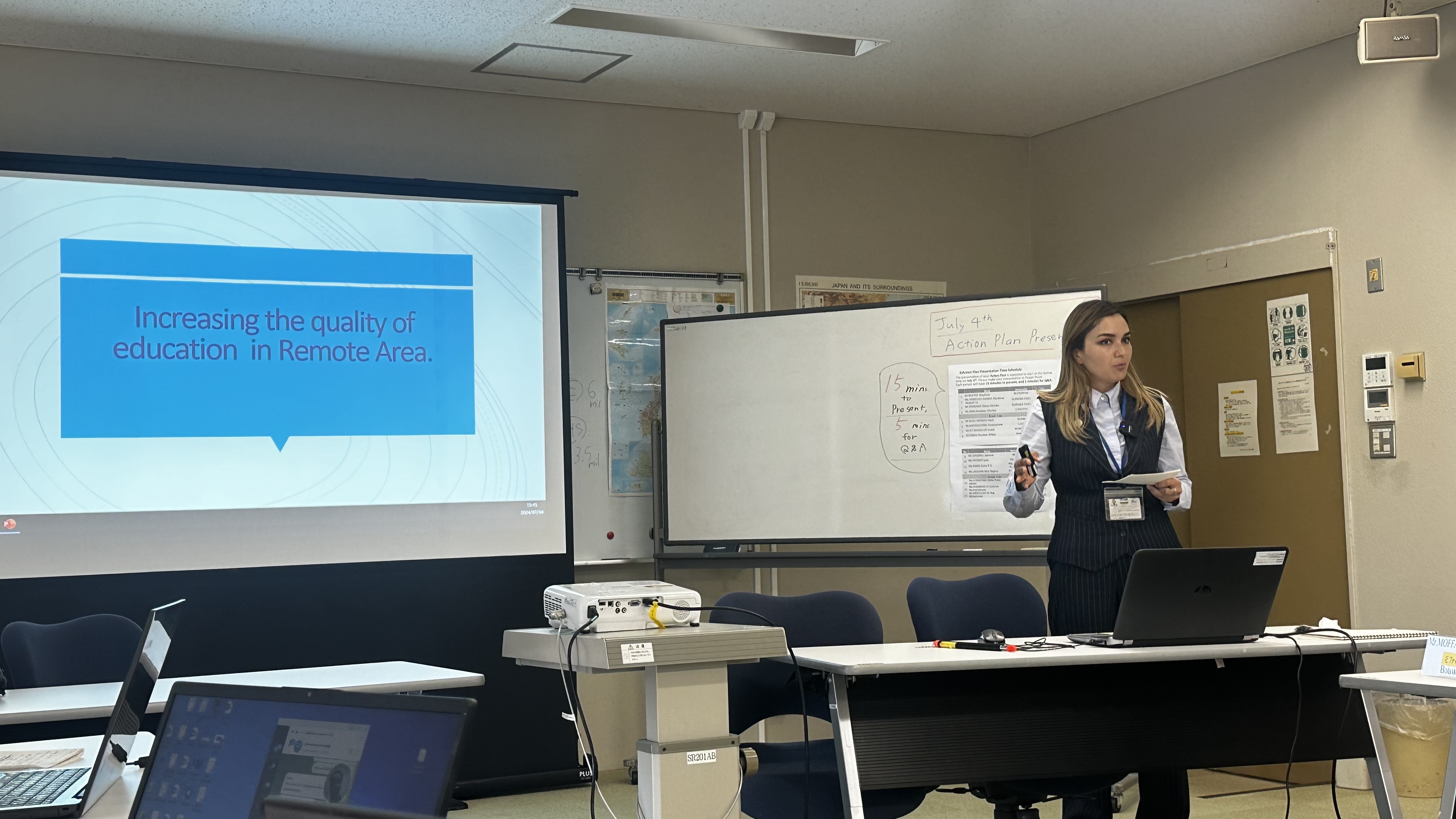
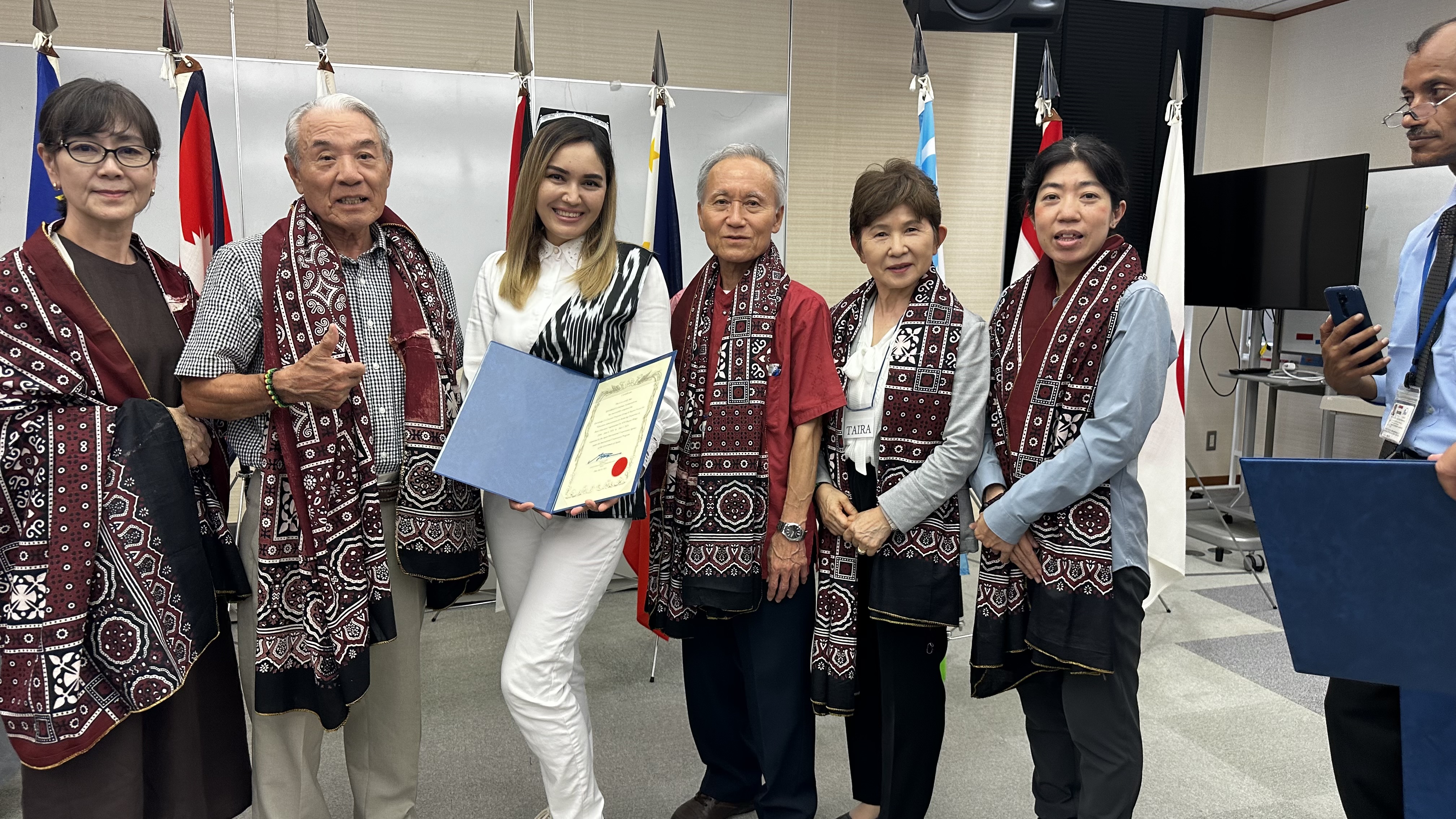
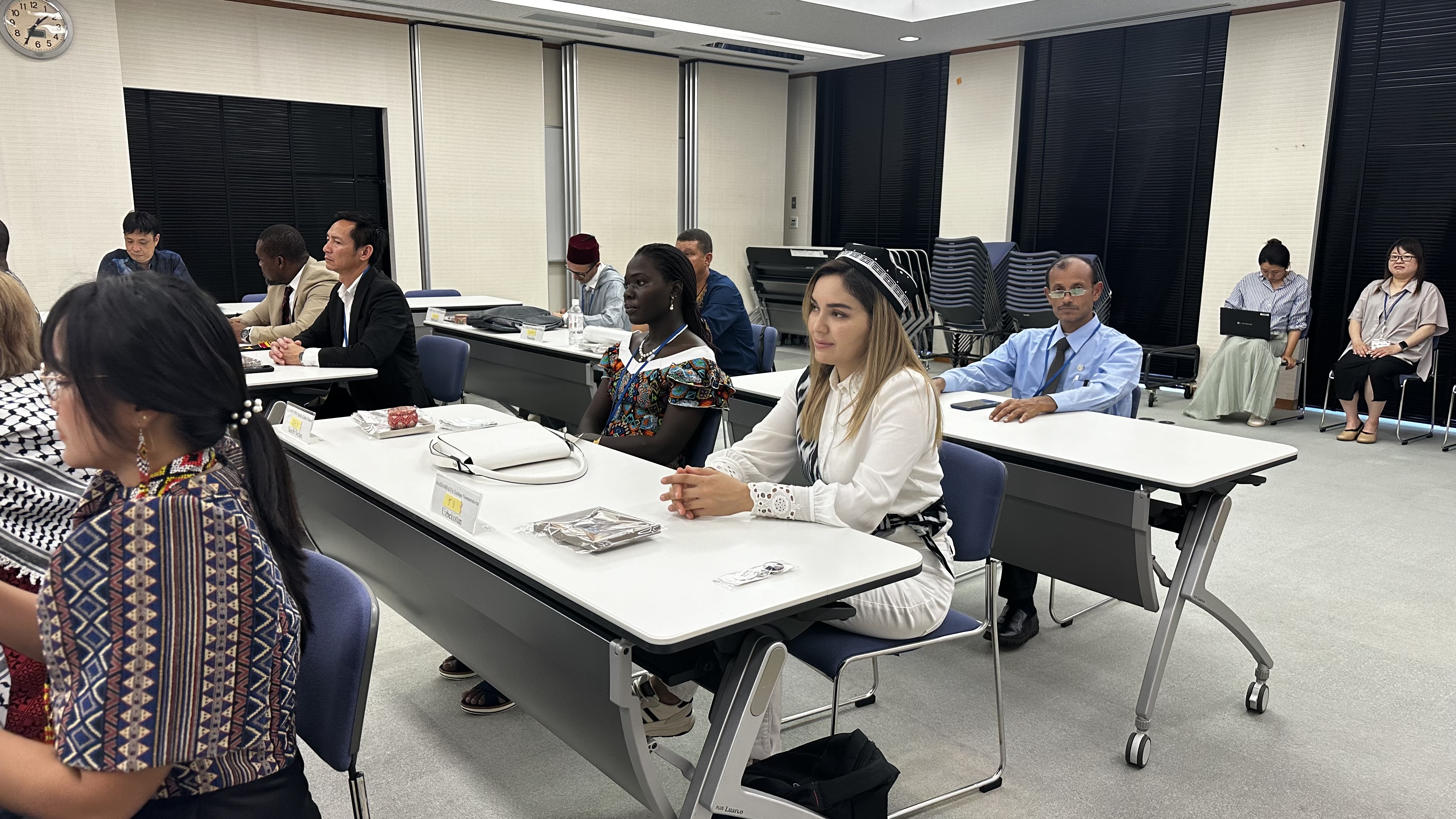
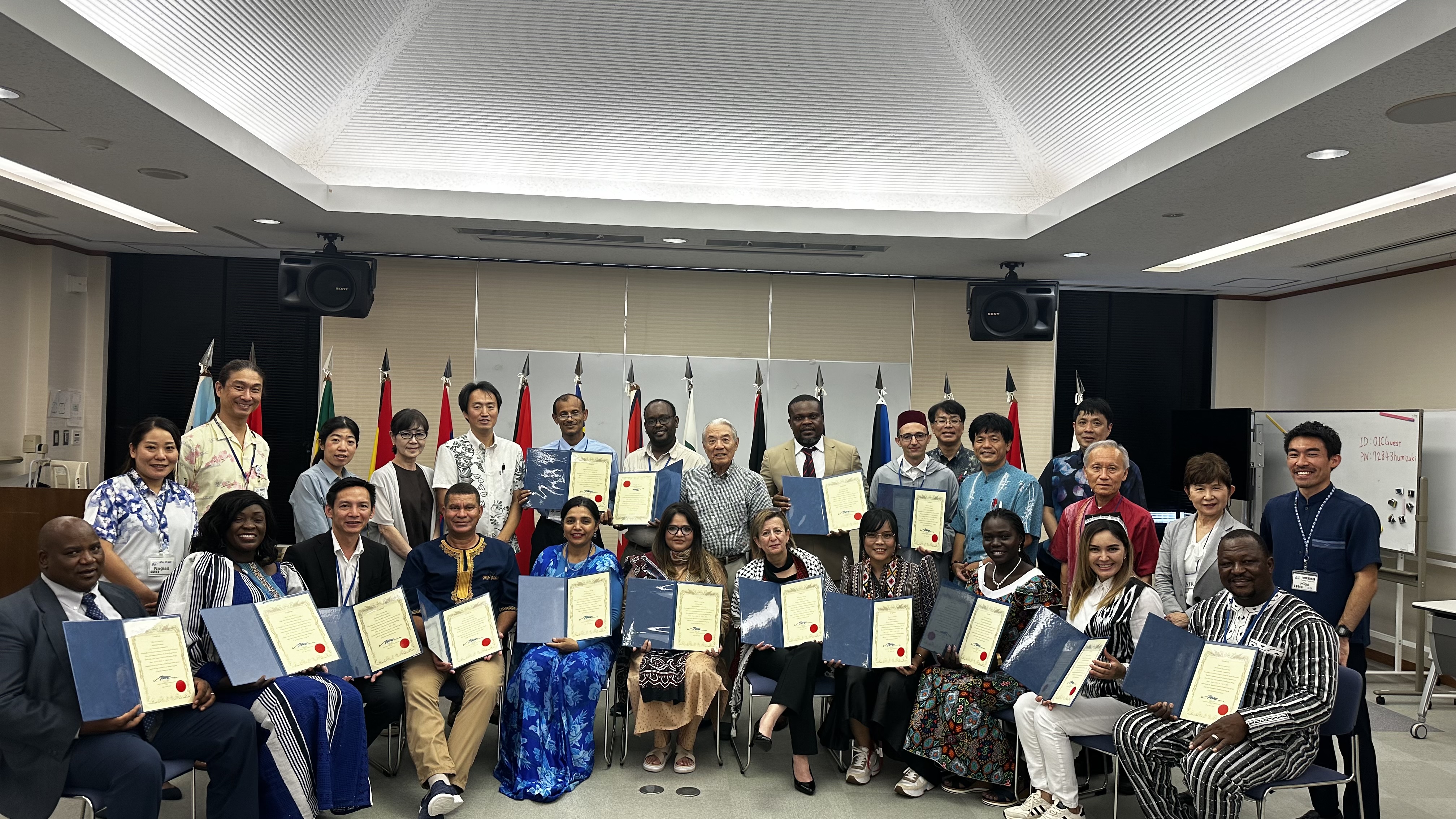
scroll